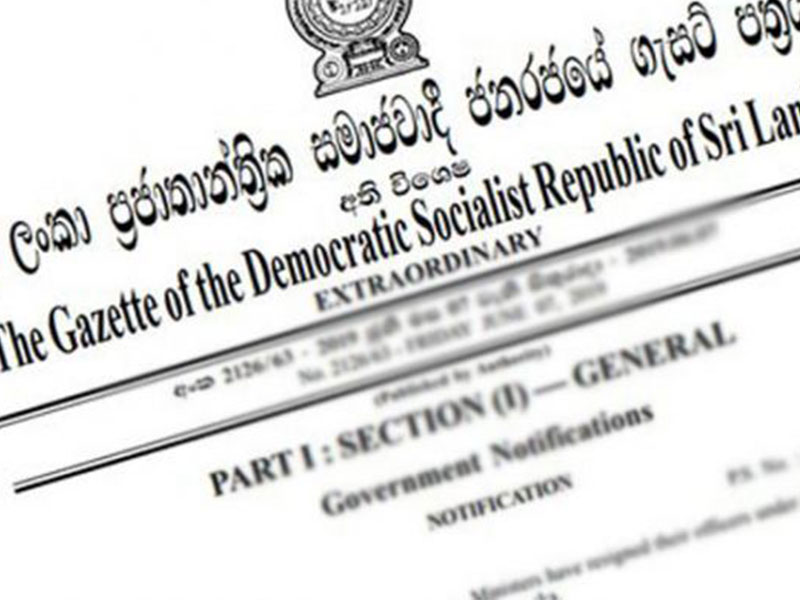In a significant development, the government of Sri Lanka has officially gazetted the proposed Bill for the establishment of the Commission for Truth, Unity, and Reconciliation. The legislation, officially titled the “Commission for Truth, Unity, and Reconciliation in Sri Lanka Act, No. of 2024,” delineates the powers and functions entrusted to the Commission. With a primary focus on overseeing the implementation of recommendations, the Commission aims to address long standing ethnic issues that have persisted despite previous reconciliation attempts.
Historical Reconciliation Attempts
Over the years, Sri Lanka has witnessed several attempts to reconcile ethnic tensions, with most efforts culminating in missed opportunities. The Bandaranaike-Chelvanayakam Pact in 1957 aimed at providing regional autonomy to Tamil-majority areas but faced opposition from the Sinhalese. Similarly, the Dudley-Senanayake Pact in 1965, addressing linguistic grievances and offering concessions to Tamils, also faced obstacles.
The civil war era witnessed the Indo-Sri Lanka Accord in 1987, establishing provincial councils and granting autonomy to Tamil-majority regions. However, the resurgence of insurgencies hindered its implementation. Subsequent peace talks and ceasefires during the civil war provided temporary reprieves, but lasting solutions remained elusive.
Post-war initiatives, including the Truth and Reconciliation Commission (2013–2015), documented human rights abuses but encountered challenges in implementation. Constitutional reforms addressing power-sharing and minority rights faced political hurdles, while grassroots initiatives promoted reconciliation and understanding.
Challenges and Future Prospects
Despite incremental progress, significant challenges persist. Addressing accountability for past human rights violations, sustaining political commitment to power-sharing, and overcoming social divisions are ongoing hurdles. The recent proposal for the Commission for Truth, Unity, and Reconciliation presents a renewed opportunity, contingent on independence, credibility, and commitment from all stakeholders.
Tamil Diaspora’s Varied Response
The Tamil diaspora’s response to the Sri Lanka Truth and Reconciliation Commission (LLRC) reflects diverse perspectives. Critics cite concerns about the LLRC’s lack of independence and limited mandate, while some offer conditional support, hoping for accountability and justice mechanisms. Others disengage, prioritizing self-determination and expressing distrust in internal mechanisms.
International Concerns and Recommendations
Nine international human rights organizations express reservations about the Sri Lankan government’s proposed National Unity and Reconciliation Commission. Concerns include exposing victims to renewed security threats without genuine confidence-building measures. Existing domestic transitional justice mechanisms face challenges, requiring a holistic approach that includes truth-seeking, investigation, prosecution, and effective remedies.

The international working group emphasizes inclusive consultation with stakeholders, credibility among affected communities, and substantial confidence-building measures. Urging the Sri Lankan government to take meaningful steps, these organizations stress the importance of victims’ confidence and a comprehensive transitional justice process.
As Sri Lanka navigates this critical juncture, the success of the proposed Commission hinges on addressing historical grievances, fostering dialogue, and building trust among diverse communities. The island nation’s journey towards lasting peace and justice underscores the complexity of reconciliation and the need for genuine, inclusive efforts.







